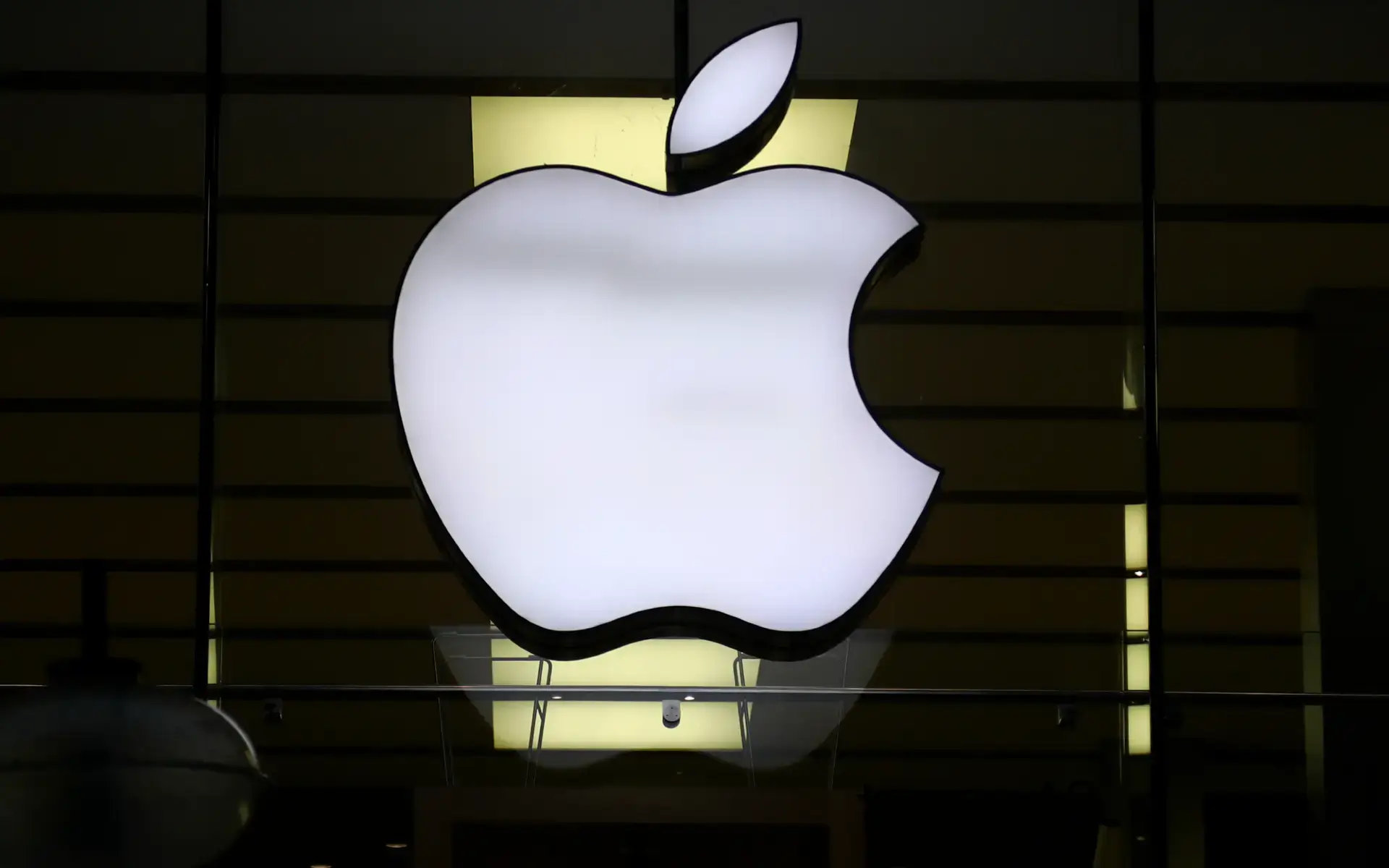
The United States Department of Justice (DOJ) has recently indicated that Apple’s business practices may be infringing on antitrust laws. The tech giant is accused of employing monopoly strategies to ensure the continued dominance of its iPhone.
According to the DOJ, Apple has been using unfair tactics to maintain a monopoly over the smartphone market. This has led to alleged increased prices and limited choices for consumers.
Apple’s dominance over the smartphone market is reinforced by its App Store policies and restricted developer access to key features of its products. This has resulted in higher prices and fewer product choices for American consumers.
“Consumers should not have to pay higher prices because companies violate the antitrust laws,” US Attorney General Merrick Garland said in a statement.
The DOJ’s lawsuit is arguably the most significant enforcement action taken against Apple to date. This lawsuit is just one of three filed against the company over the last 14 years.
Apple is also currently embroiled in a legal dispute with Google over alleged antitrust violations. The Federal Trade Commission has also targeted Meta and Amazon.
Apple has been very vocal in its defense. It argues that the lawsuit threatens its business principles, which make its products distinct in highly competitive markets. The company believes that if the lawsuit is successful, it would hinder its ability to create innovative products that customers have come to expect.
Apple CEO, Tim Cook, has stated:
“We believe this lawsuit is wrong on the facts and the law, and we will vigorously defend against it.”
Apple has a significant share of the US smartphone market, with a 64% share of sales in Q4 2023, according to Counterpoint Research data.
The DOJ’s lawsuit alleges that Apple’s unfair tactics include imposing high fees and strict contract restrictions on developers within its App Store. Additionally, Apple is accused of limiting the performance of outside products such as smartwatches and prohibiting third-party products such as messaging apps and digital wallets that could threaten its market dominance.
The DOJ also highlighted Apple’s efforts to impede competing “super-apps” and cloud-based gaming platforms.
Analysts believe that the lawsuit could be a long-term problem for Apple. Daniel Ives, a Wedbush analyst, suggested that Apple will need to find a compromise with developers on the App Store structure.
Apple has faced scrutiny for its App Store practices, leading to a significant antitrust crackdown.
The DOJ has previously filed lawsuits against Apple. In 2010, it alleged that Apple, Google, and other companies illegally conspired not to poach each other’s employees. This case resulted in a settlement.
In 2012, Apple was sued for engaging in a price-fixing scheme related to e-books. This resulted in a judge ordering Apple to submit to a third-party review of its antitrust policies.
